The dark side of elephant tourism in Sri Lanka
As someone who is passionate about travel and animal welfare, I am delighted to take you today into the world of an issue that is particularly close to my heart: elephant tourism in Sri Lanka. Sri Lanka, with its rich culture and breathtaking nature, unfortunately also has a lesser known, darker side.
In this post, I want to talk about why activities like elephant riding and washing are problematic and how we as responsible travelers can make a difference.
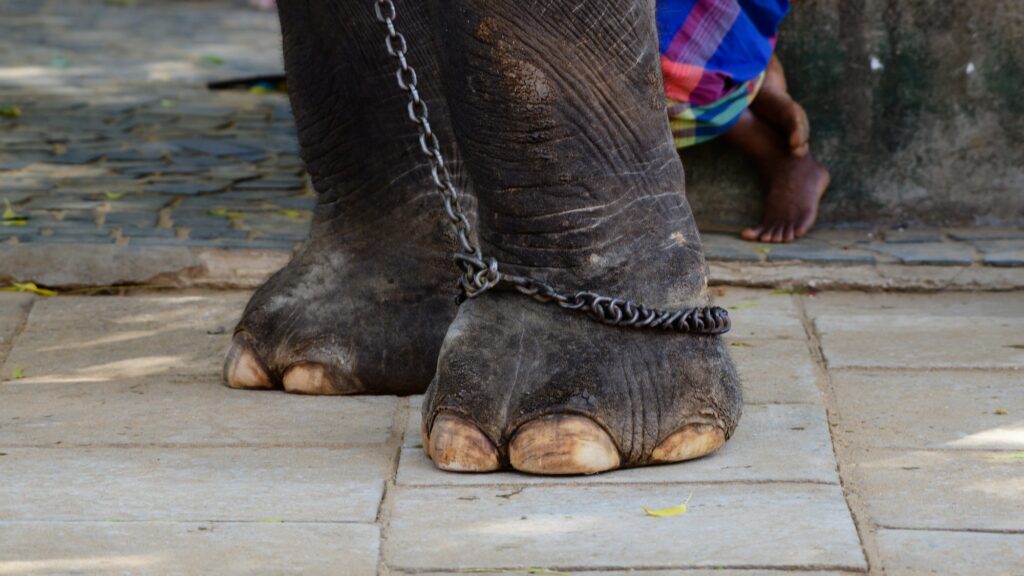
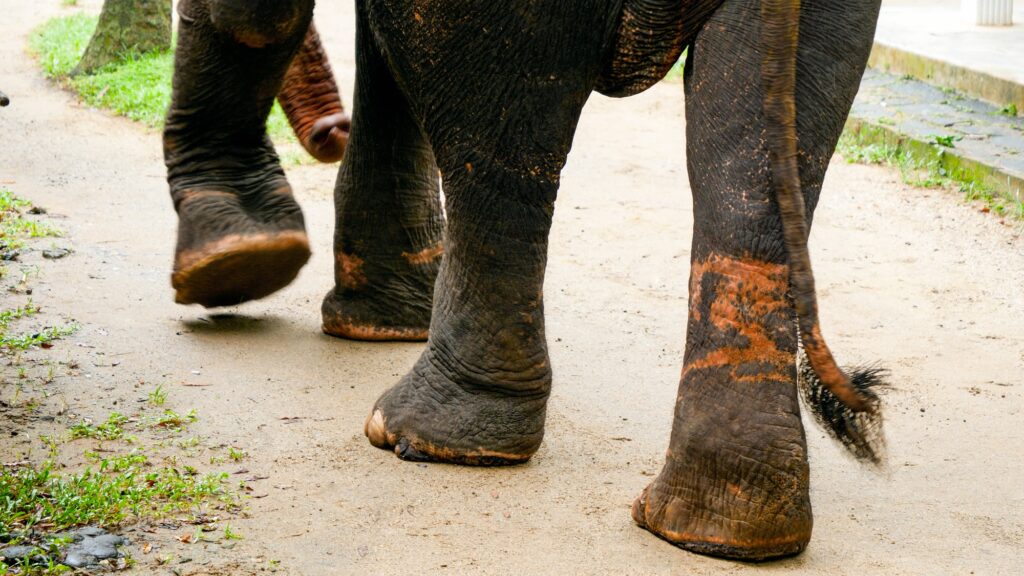
Elephant riding: The painful truth beneath the tourist facade
For many tourists, elephant riding may be a supposed highlight of their vacation, but behind this "pleasure" lies a world of suffering for the animals. Preparing an elephant for riding is a cruel process. Young elephants are often taken from their mothers and subjected to a brutal "training method" known as Phajaan or "The Crush" - which translates as "breaking the will". During this time they are locked in small cages, tied up and repeatedly beaten to break their will and make them submissive.
The effects of this treatment are devastating. Elephants suffer not only physical injuries, but also deep psychological scars. Many develop behavioral disorders, such as rocking movements, a sign of stress and boredom. The weight of saddles and people sitting on their backs for hours on end can cause serious spinal injuries. These majestic animals suffer silently under the eyes of unsuspecting tourists.
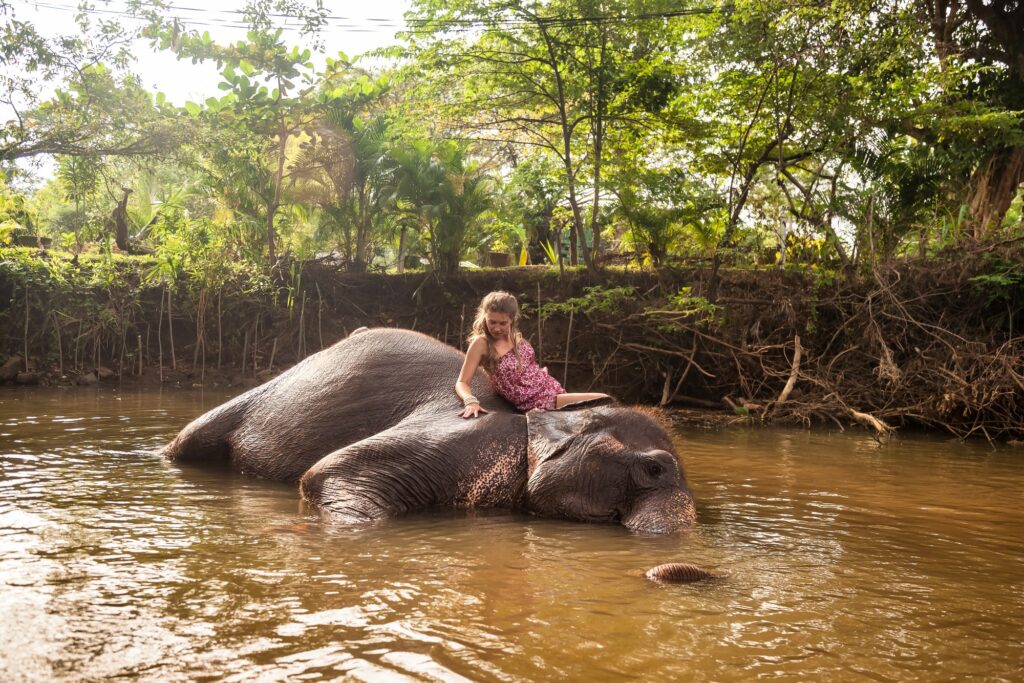
Bathing in sadness: the hidden stress of washing elephants
Another popular tourist attraction is elephant washing. This activity, often presented as a way for elephants to relax and have fun, is in reality far from a natural or enjoyable experience for the animals. In many cases, elephants are washed in rivers or ponds that are easily accessible to tourists. They are instructed to strike certain poses or perform tricks for the entertainment of onlookers.
This type of interaction is not only unnatural, but often stressful for the elephants. They have to stand in the same position for hours and are controlled with hooks or sticks. This is less about the welfare of the elephants and more about the entertainment and pleasure of the tourists.
You are currently viewing a placeholder content from YouTube. To access the actual content, click the button below. Please note that doing so will share data with third-party providers.
More InformationThe cruel truth behind the scenes
What happens to these elephants when the cameras are switched off and the tourists go home? The reality of these animals' daily lives is often harrowing. Many elephants used for tourist purposes live in chains, have little to no social contact with other elephants and spend their time in cramped, inadequate spaces.
These living conditions are a far cry from what elephants would experience in the wild, where they wander, bathe and play in social groups. In captivity, they lack this freedom and natural behavior, which leads to physical and psychological problems. It is important to understand that elephants are complex, intelligent and sensitive creatures that suffer enormously under these conditions.
You are currently viewing a placeholder content from YouTube. To access the actual content, click the button below. Please note that doing so will share data with third-party providers.
More InformationResponsible tourism - How you can help
There is hope and ways we as travelers can have a positive impact. Instead of supporting elephant riding or elephant washing, we can choose ethical alternatives. There are wildlife safaris where elephants can be observed in their natural habitat. There are also sanctuaries and sanctuaries that look after the welfare of elephants and offer them a life as close to their natural state as possible.
When traveling, it is crucial to be informed about the activities and the places we visit. Look for facilities that are transparent about their practices and prioritize animal welfare. Every decision we make can make a difference.
Elephant riding & elephant washing - NO!
Dear Sri Lankan friends, I hope this post has given you a deeper insight into the issue of elephant tourism in Sri Lanka. I encourage you all to make conscious choices and speak out against animal cruelty. Our choices have power and can help protect these amazing animals. Don't be an idiot - refrain from cruelty to animals!
My personal closing words
As someone who deeply loves Sri Lanka and its elephants, this topic is very close to my heart. I have witnessed the beauty of these animals in the wild myself and know how important it is to protect them. Thank you for taking the time to read this post and get involved in animal welfare. Together we can make a difference and improve the future for Sri Lanka's elephants. Check out our list of safari parks where you can see elephants in the wild.

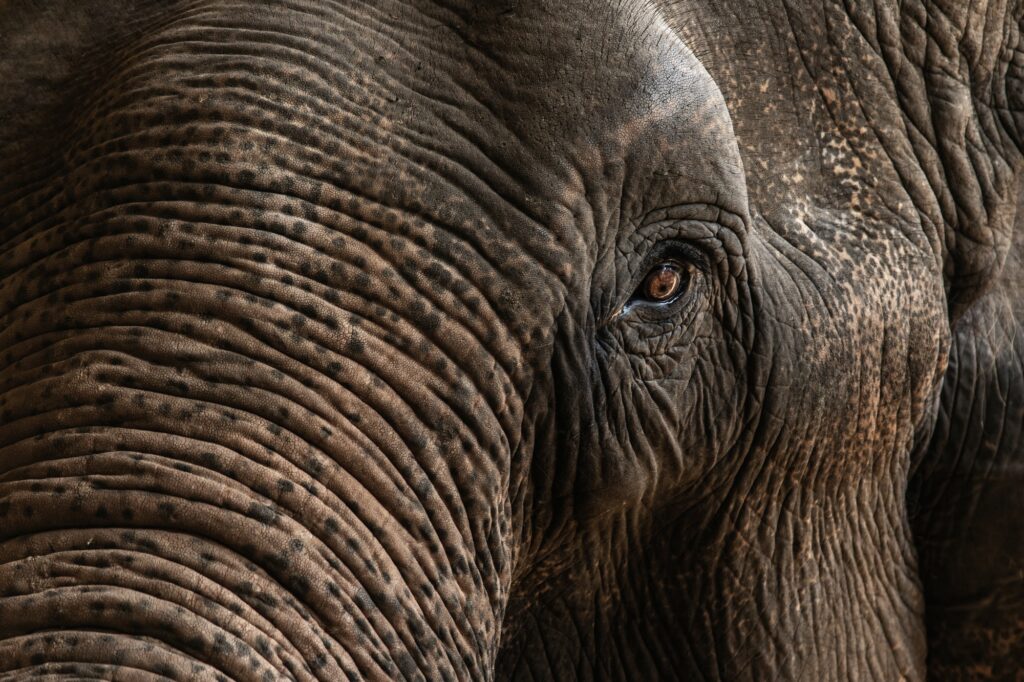
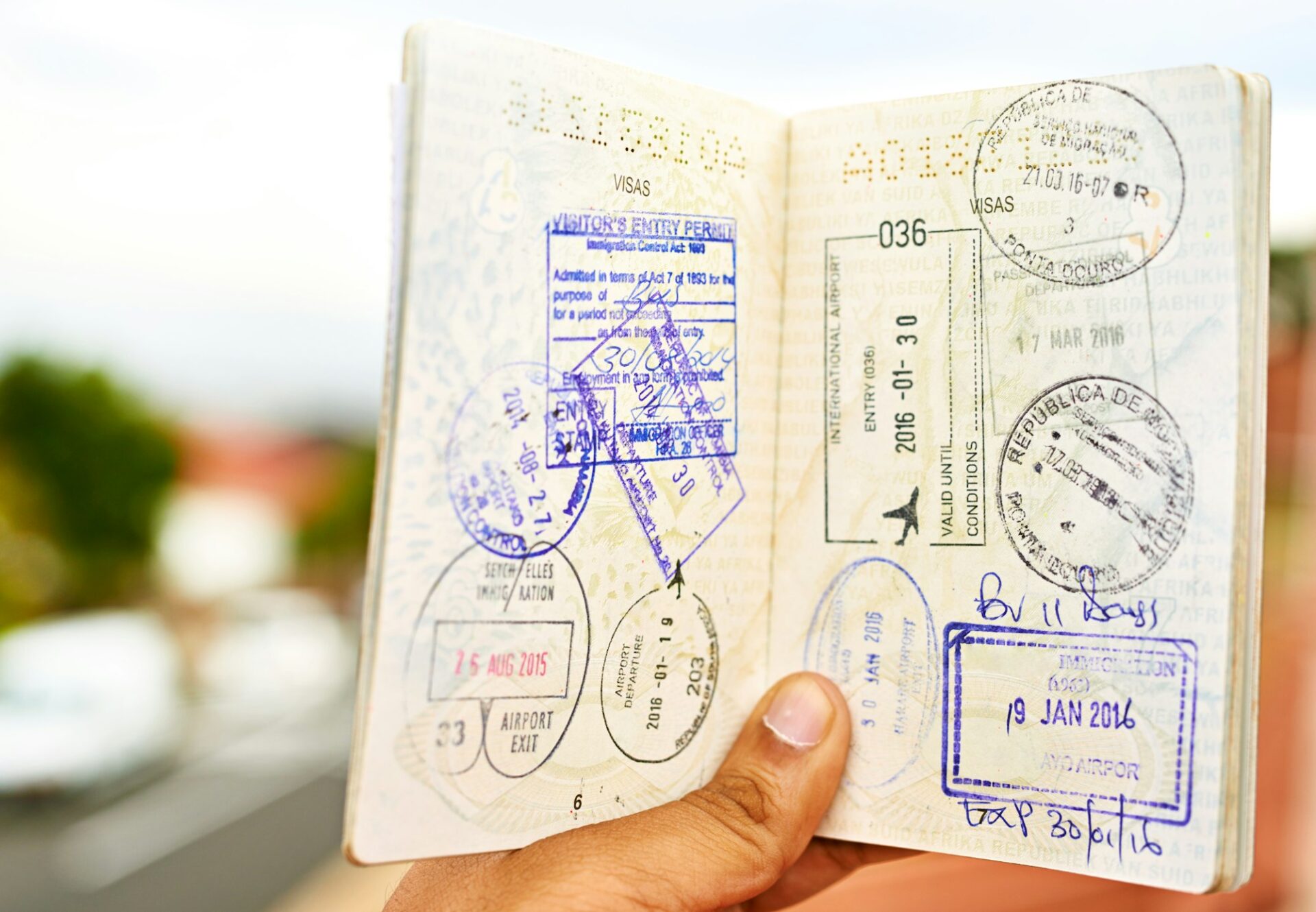
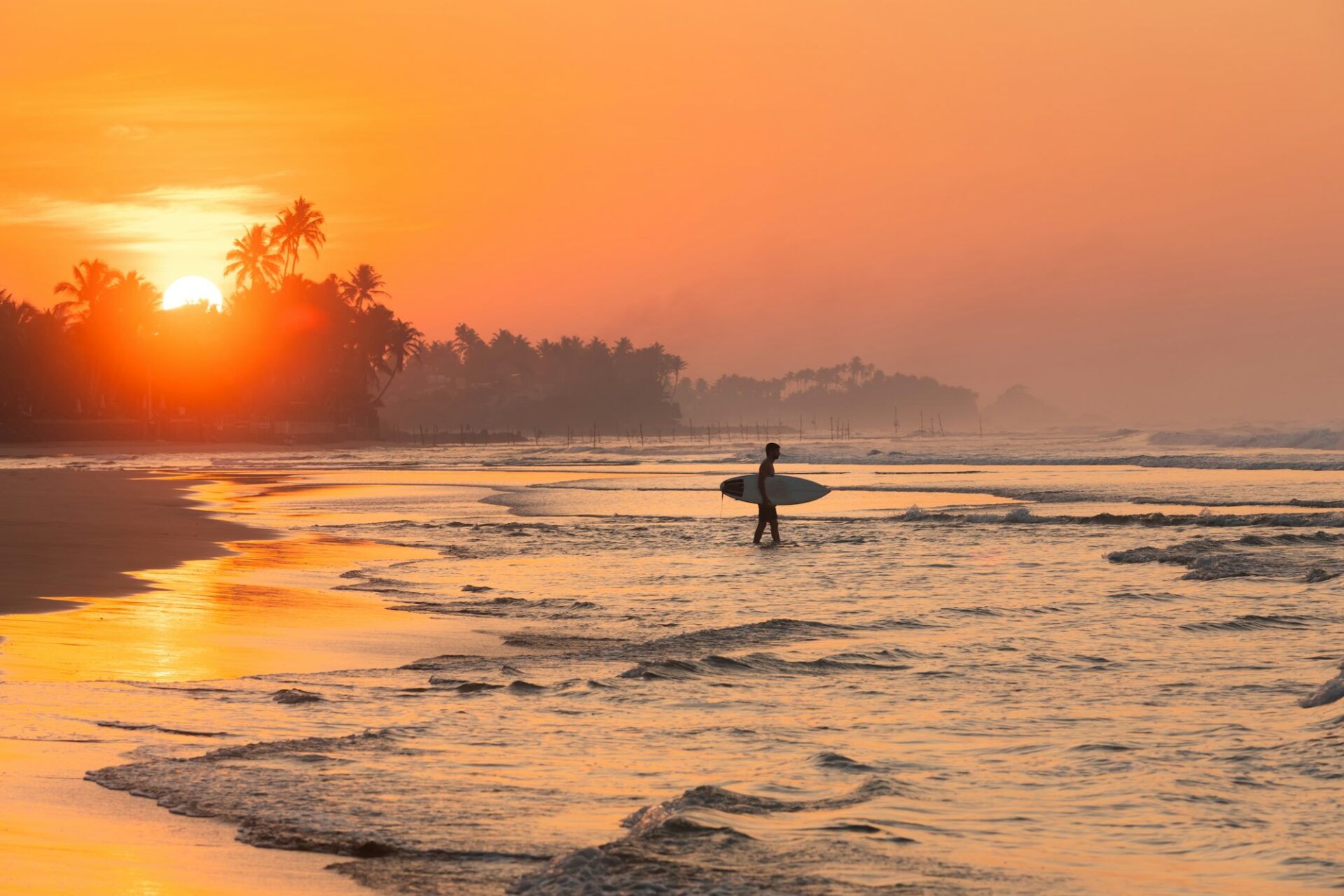
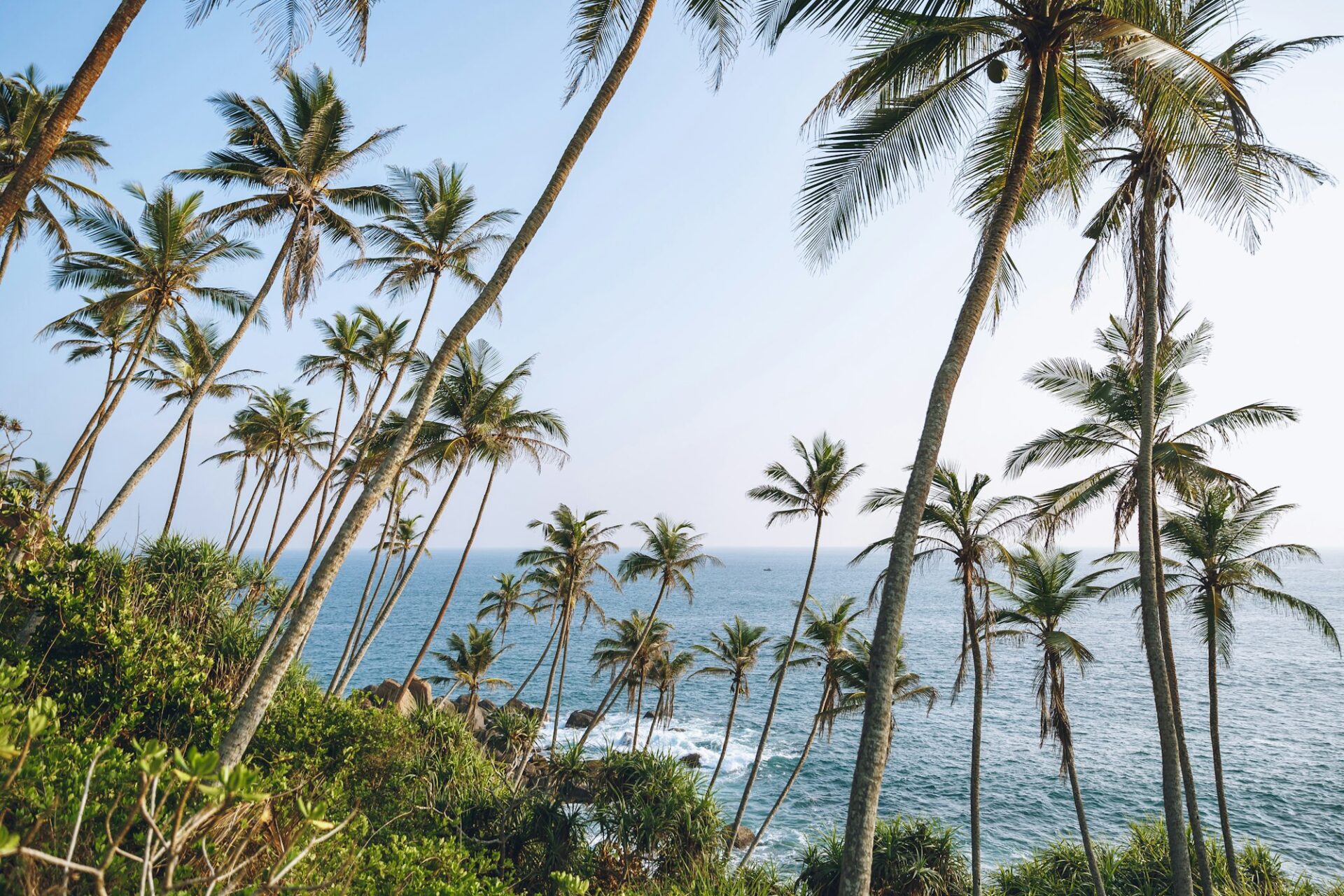

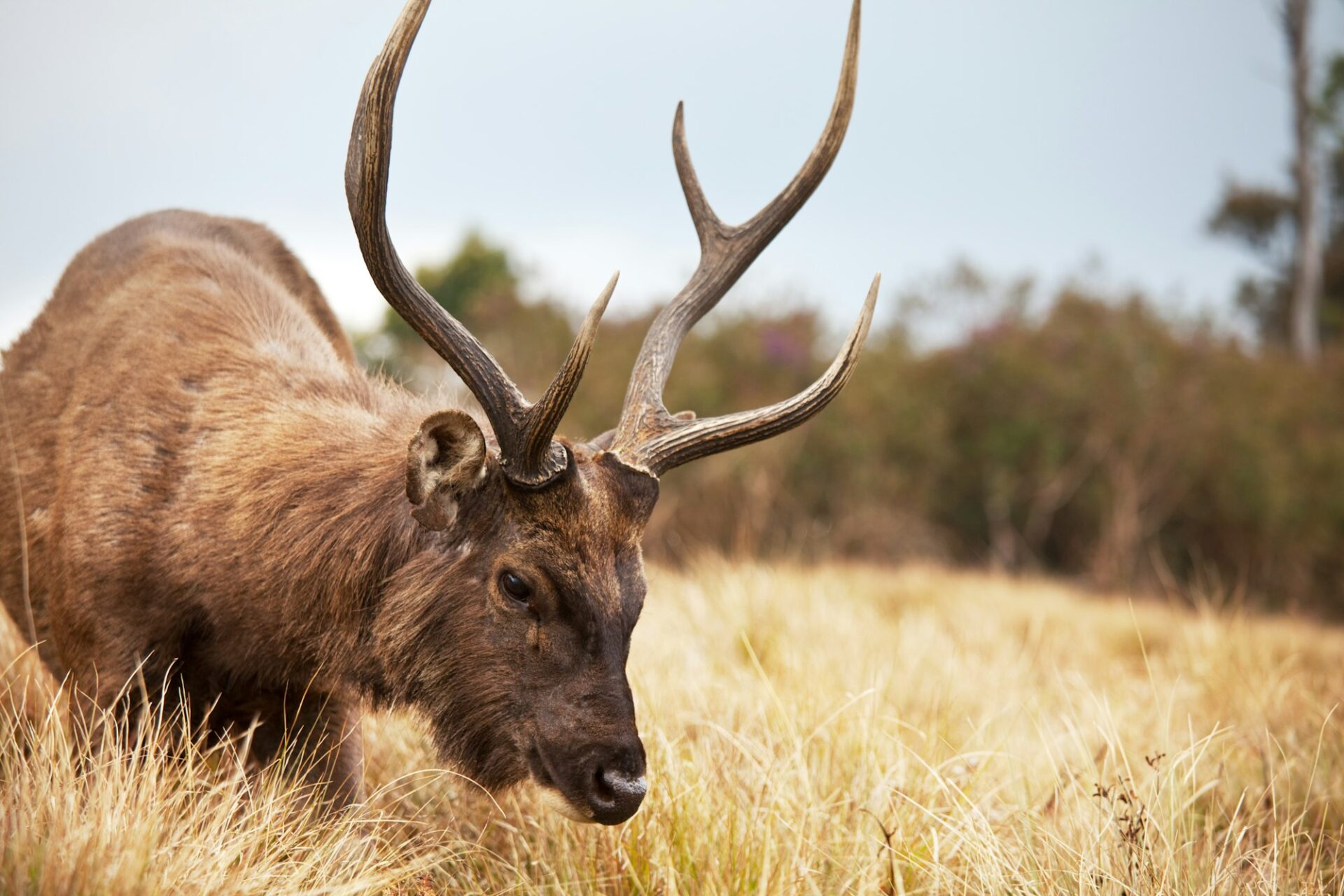

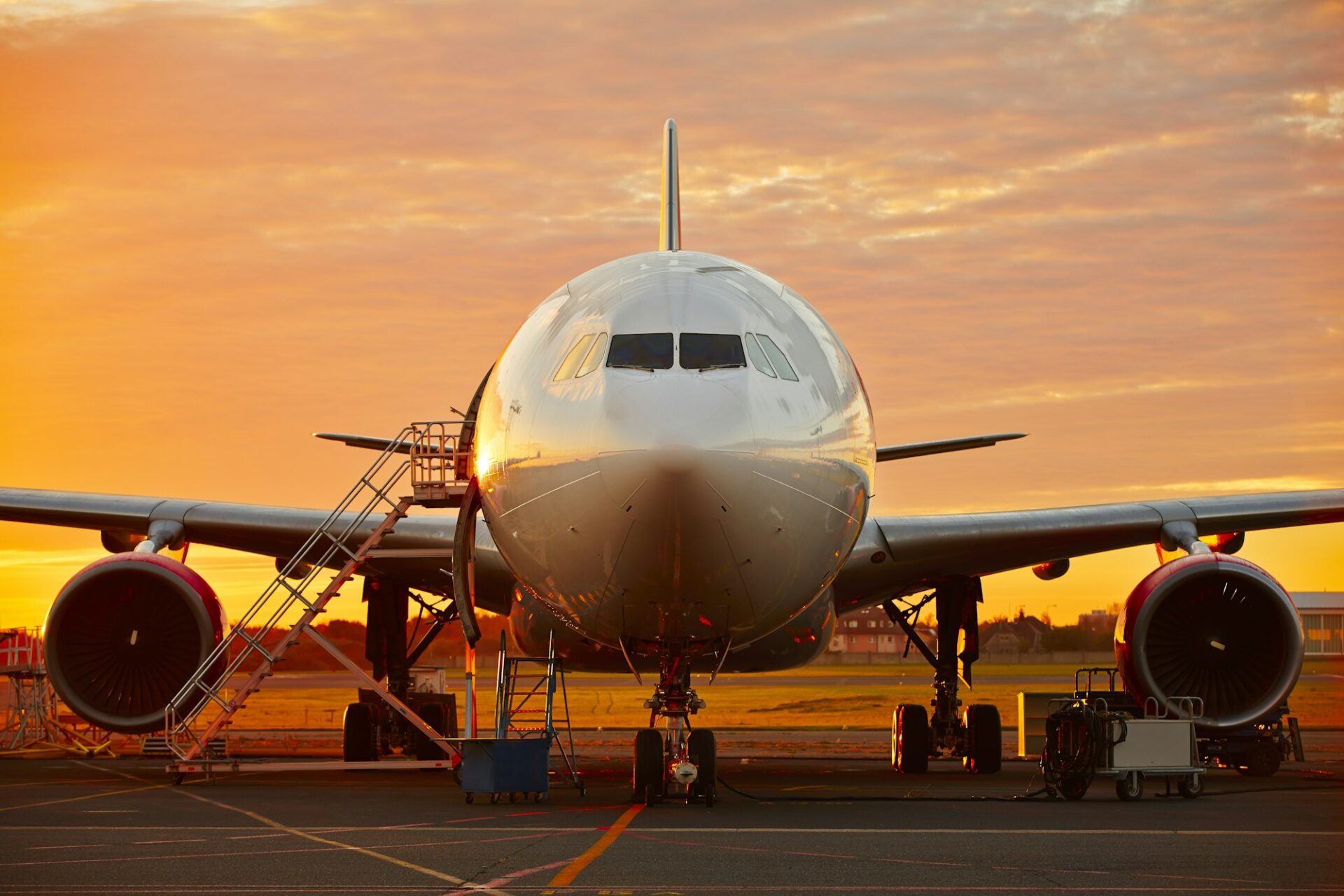
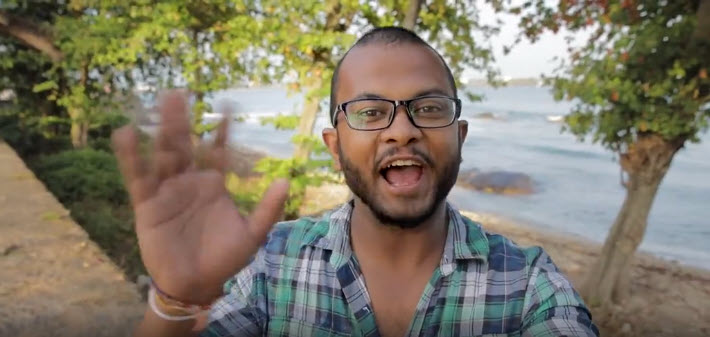
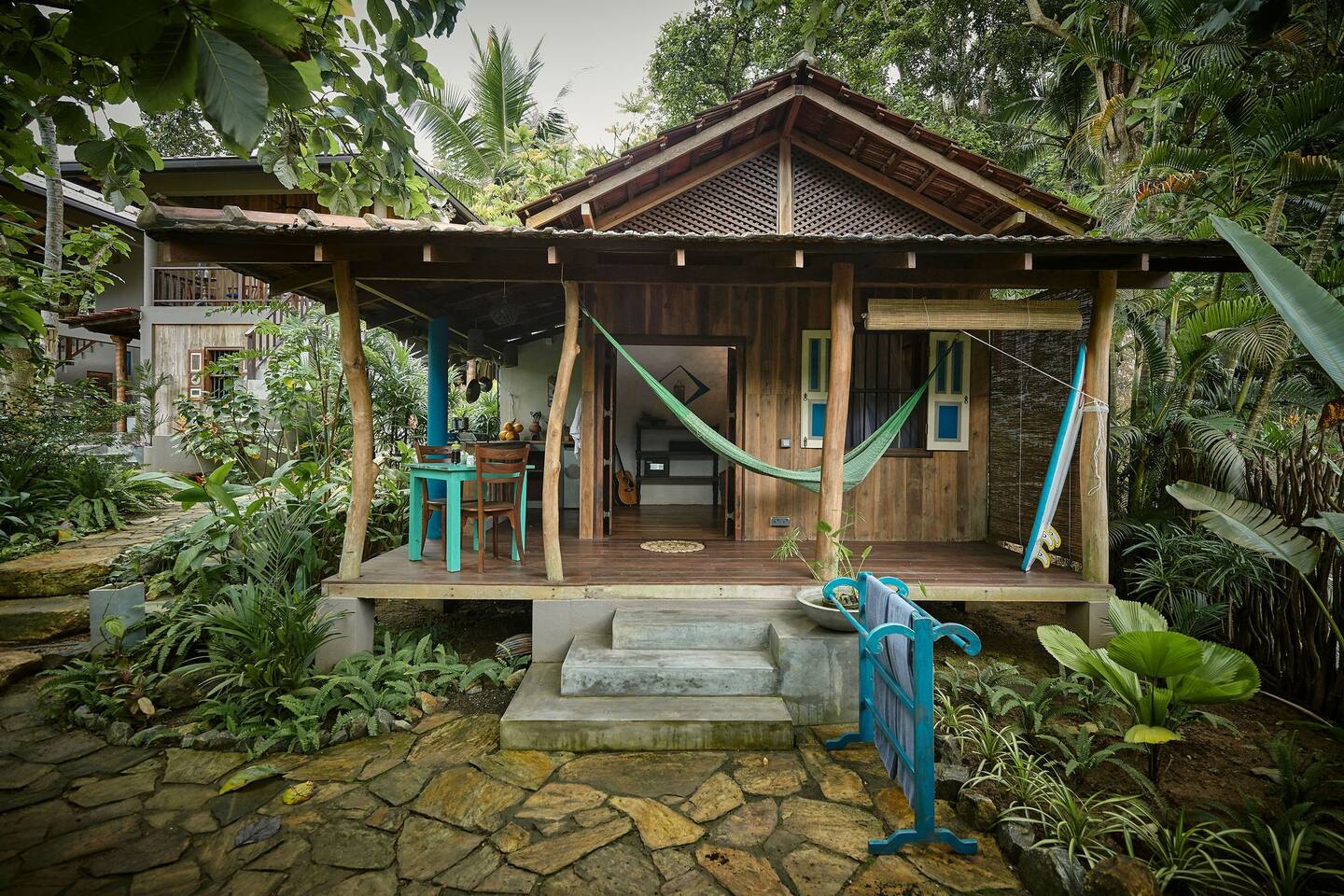
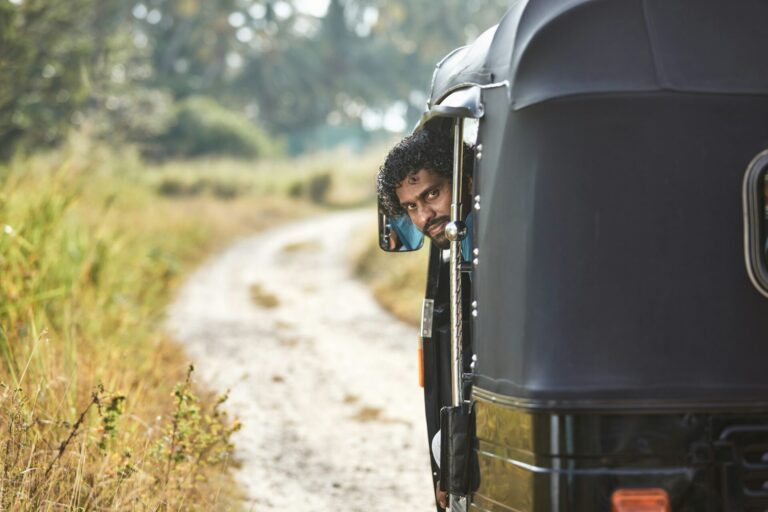
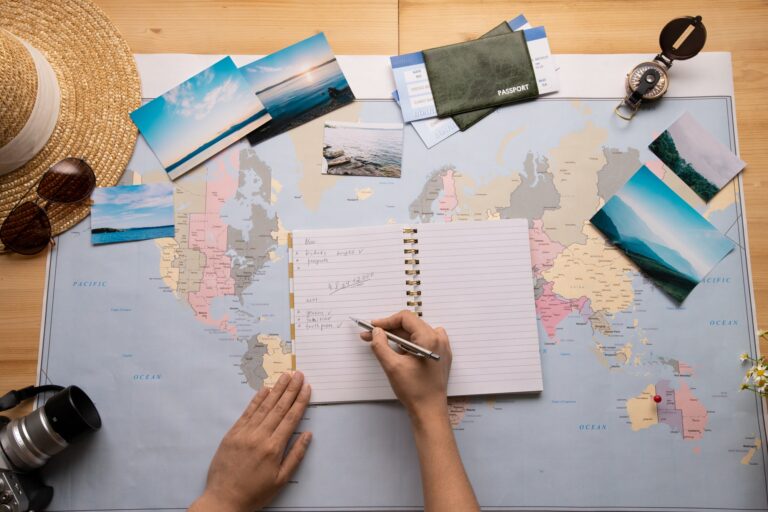
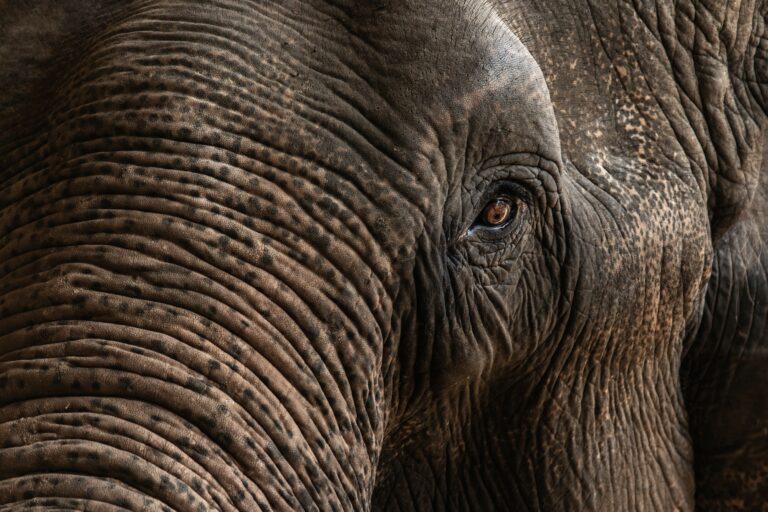
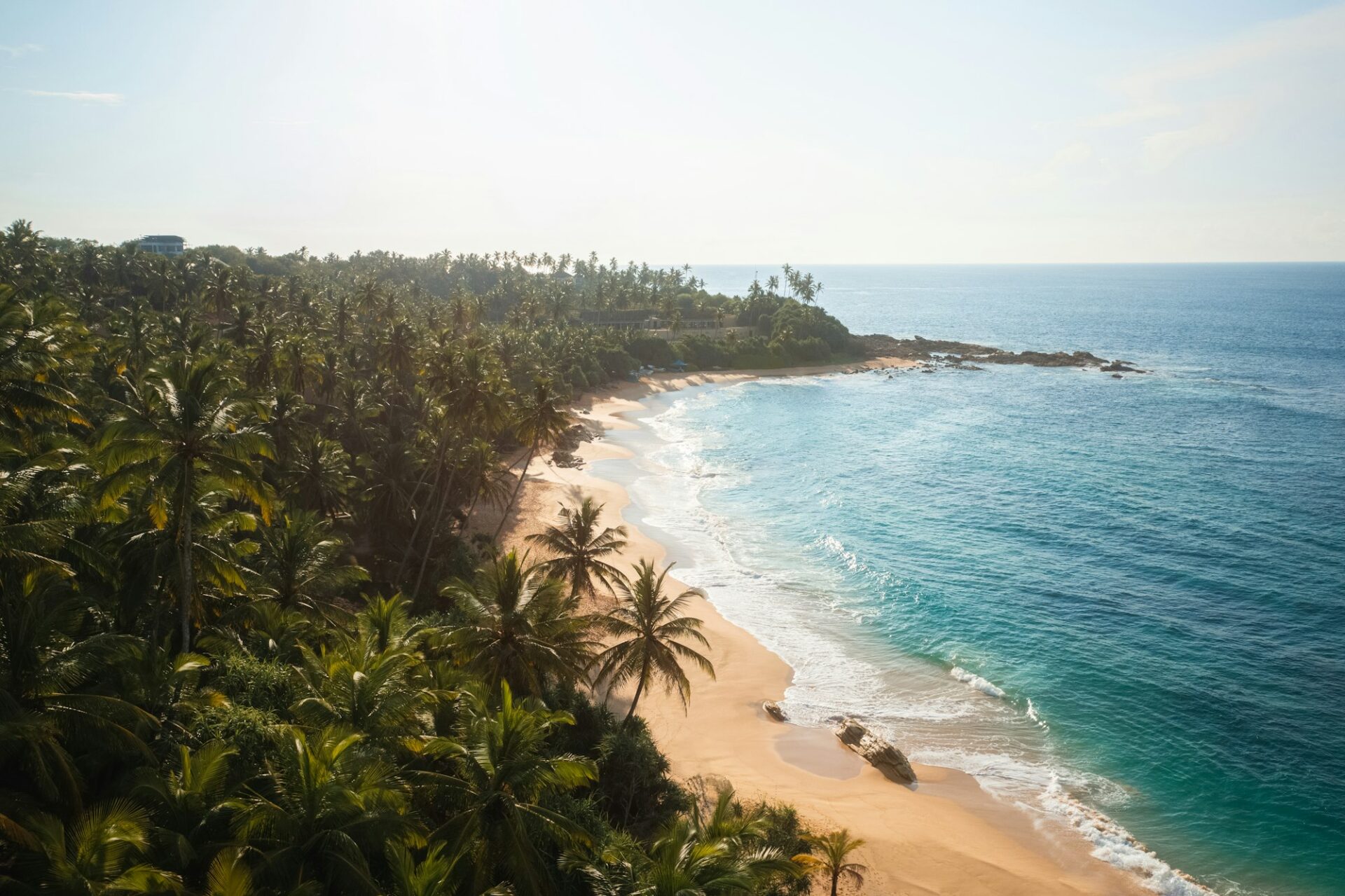
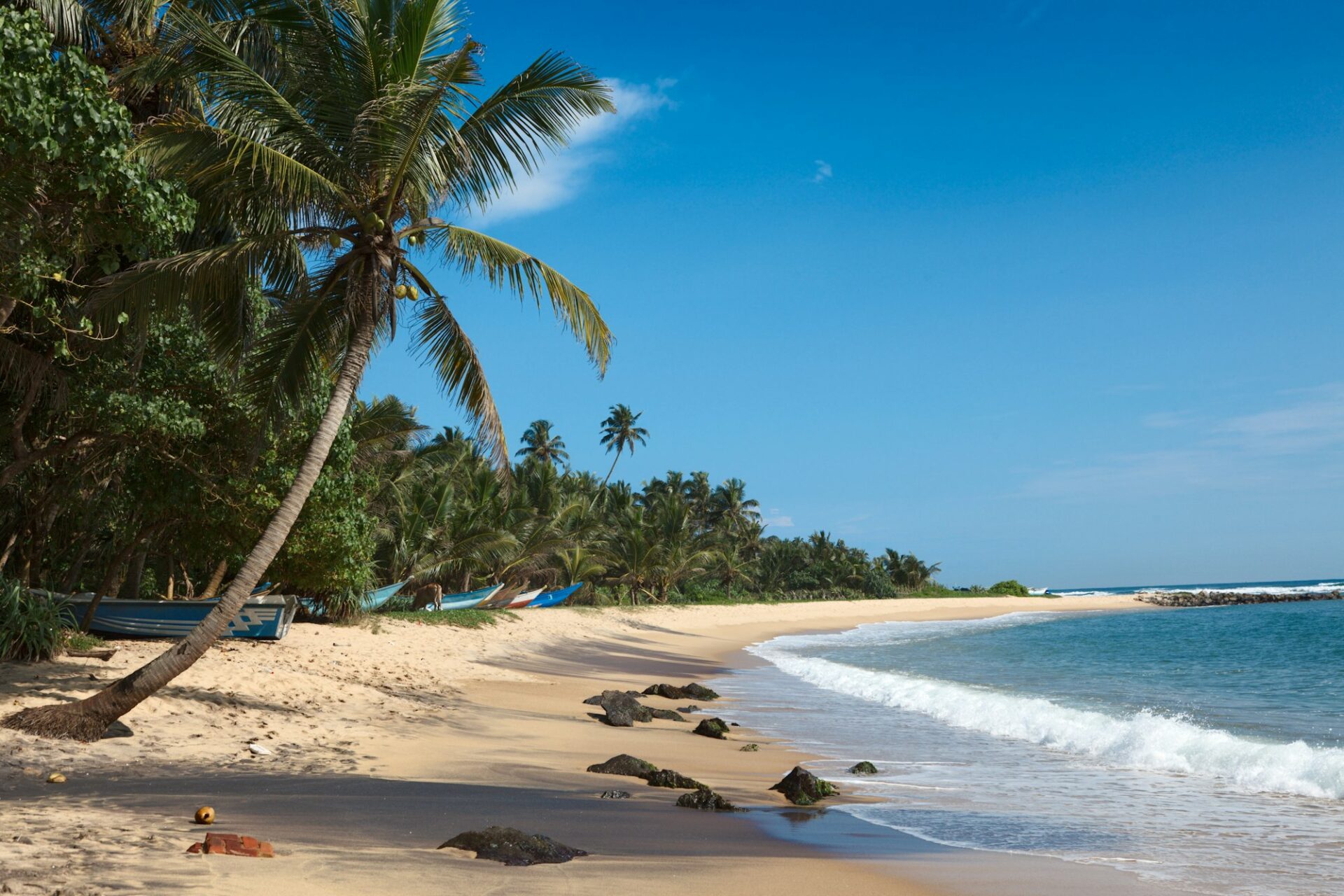

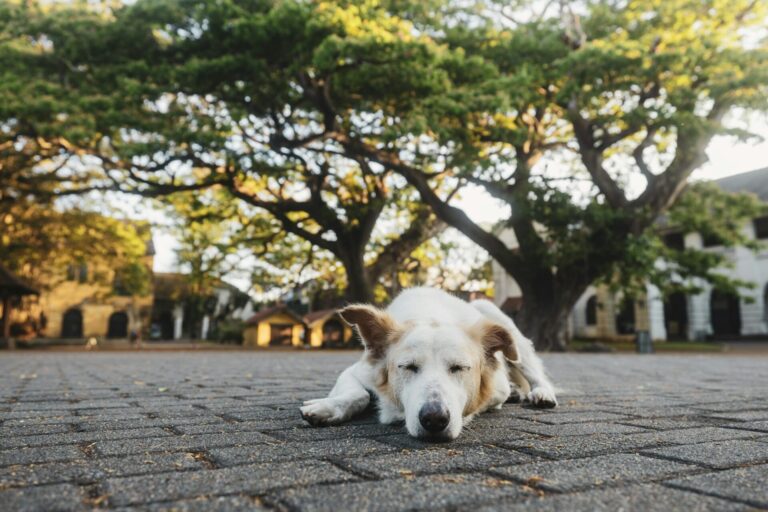
Today in Kandy, quite hidden, we saw an unbelievable cruelty to animals .... A tortured elephant had to lie in the water so that tourists could wash its head .....
It was so cruel to look into its eye that I cried bitterly ..... What can you do?
One of the few sites that does not recommend elephant riding etc. Big praise for it and THANK YOU